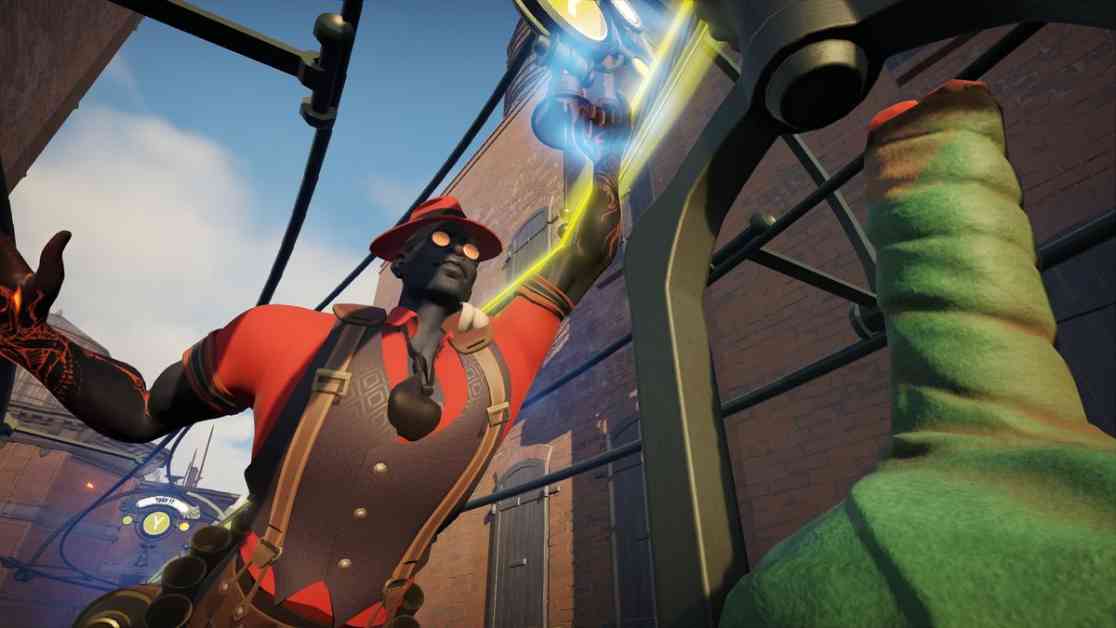Valve’s highly anticipated MOBA game, Deadlock, recently received a significant update aimed at improving player behavior within the game. These new non-game features were introduced to enhance the overall experience for players and promote a more positive gaming environment.
Low Priority Queue
One of the key additions to Deadlock is the implementation of a low priority queue. This feature serves as a deterrent for players who engage in negative behaviors such as abandoning games or exhibiting poor sportsmanship. Players who are placed in the low priority queue will have reduced matchmaking opportunities, as they will be less likely to be matched with other players. In order to return to normal matchmaking, these players must complete a specific number of full games, serving as a form of rehabilitation for their behavior.
Restrictions on In-Game Capabilities
In addition to the low priority queue, players who engage in toxic behavior may also face restrictions on certain in-game capabilities as a form of punishment. These restrictions can include limitations on matchmaking, voice and text chat, pausing the game, and even the ability to report other players for abuse. By imposing these restrictions, Valve aims to create a more accountable gaming community where negative behavior is not tolerated.
Combatting Cheating
Despite these efforts to improve player behavior, Deadlock has already encountered issues with cheaters infiltrating the game. This unfortunate reality underscores the importance of implementing effective policing measures to combat cheating and maintain a fair gaming environment for all players. As the development of Deadlock continues, it will be crucial for Valve to prioritize the detection and prevention of cheating to safeguard the integrity of the game.
The reception to these new features in Deadlock has been mixed, with some players praising the efforts to promote positive behavior while others remain skeptical of their effectiveness. PC Gamer’s Morgan Park highlighted the game’s unique approach to the MOBA genre, noting that Deadlock offers a fresh take on familiar mechanics and gameplay elements. Justin Wagner echoed this sentiment, expressing his enthusiasm for the game’s innovative ideas and depth of gameplay.
“Deadlock gives me the same feeling Dota 2 and Team Fortress 2 did before they consumed my life,” said Wagner. “Deadlock is an iteration on the MOBA, but it’s not an incremental one. While so many games have come and gone angling to ‘reinvent’ the genre by shifting the camera angle or tweaking a few mechanics, this game is so stuffed with new ideas it’s difficult to appraise just how much depth it all lends.”
Despite the positive reception from some players, Deadlock still faces challenges in maintaining a positive player community and combating instances of cheating and toxicity. As the game continues to evolve through its open development cycle, it will be essential for Valve to stay vigilant in addressing these issues and implementing effective policing measures to uphold the integrity of Deadlock.
In conclusion, the recent updates to Deadlock aimed at improving player behavior are a step in the right direction towards fostering a positive gaming environment. By implementing features such as the low priority queue and restrictions on in-game capabilities, Valve is taking proactive steps to address toxic behavior and promote fair play within the game. As Deadlock continues to evolve, it will be crucial for Valve to prioritize player accountability and combat cheating to ensure a positive and enjoyable gaming experience for all players.
















